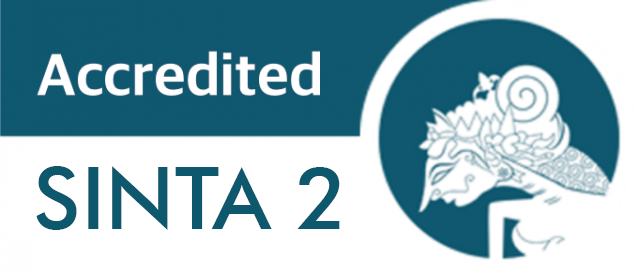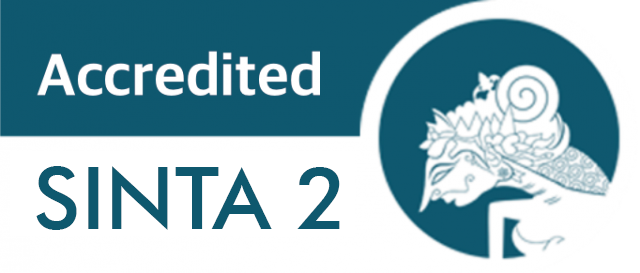Evaluation of Anxiety, Depression, and Health-Related Quality of Life in Female and Male Patients With Newly Diagnosed Type 2 Diabetes
Downloads
Introduction: Depending on the disease’s stage, type 2 diabetes can impact anxiety, depression, and health-related quality of life. This study aimed to compare the health-related quality of life, anxiety, and depression of men and women recently diagnosed with type 2 diabetes to that of healthy controls. Methods: There were 100 newly diagnosed type 2 diabetic patients (50 females and 50 males), as well as 100 healthy controls (50 females and 50 males). Each participant receives three questionnaires: the Short-Form Health Survey (SF-36), the Beck Depression Inventory (BDI), and the Beck Anxiety Inventory (BAI). Results: Compared to controls, patients’ scores on the SF-36 for total, physical, and mental health were lower for both genders. Compared to controls, the female patients’ BAI and BDI scores were greater. Both male and female diabetes patients had a negative correlation between their SF-36 total score and fasting plasma glucose. Additionally, the female patients’ fasting plasma glucose and BDI score showed a positive correlation. Conclusions: In both genders, patients with recently diagnosed type 2 diabetes had a lower health-related quality of life compared to controls. However, the anxiety and depression levels of only female diabetic patients worsened when compared to controls. We suggest considering gender differences in the symptomatology of anxiety and depression among newly diagnosed type 2 diabetic patients to develop more effective ways to manage their condition, such as comprehensive and early intervention.
Copyright (c) 2024 Kağan Üçok, Akif Acay, Kerem Senol Coskun, Ahmet Hamdi Alpaslan, Necip Fazil Coban, Gokhan Akkan, Idris Kaya, Cemil Celikagi, Esin Damra Coban, Omer Ozbulut

This work is licensed under a Creative Commons Attribution-ShareAlike 4.0 International License.
1. Copyright of this journal is possession of the Author, by the knowledge of the Editorial Board and Journal Manager, while the moral right of the publication belongs to the author.
2. The journal allows the author(s) to retain publishing rights without restrictions.
3. The articles are published under a Creative Commons Attribution Share-Alike (CC BY-SA) license. Many research funding bodies prefer the CC BY-SA license because it allows for maximum dissemination and re-use of open access materials. Users are free to share (copy, distribute, and transmit) and remix (adapt) the contribution under this license, including for commercial purposes, as long as they attribute the contribution in the manner specified by the author or licensor.




























